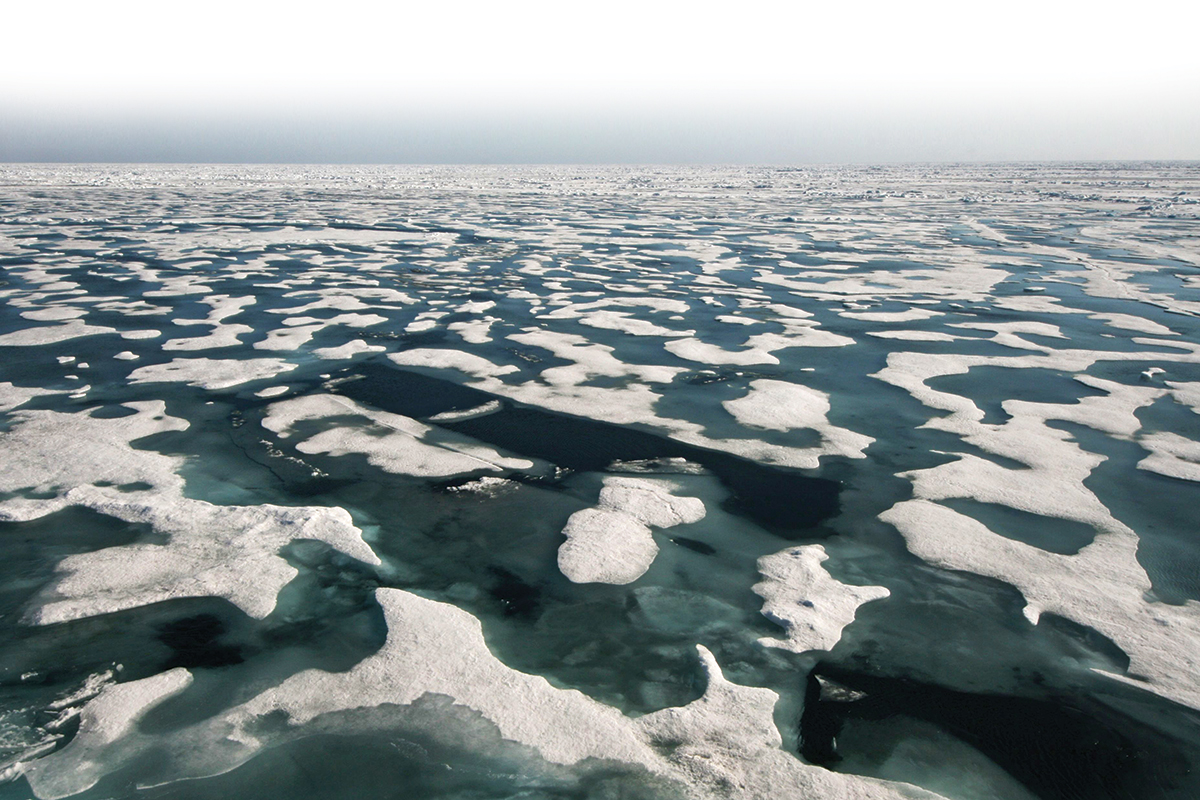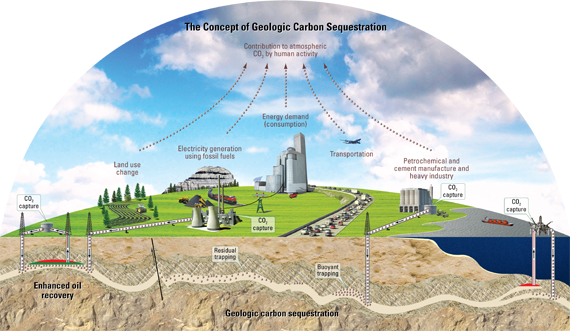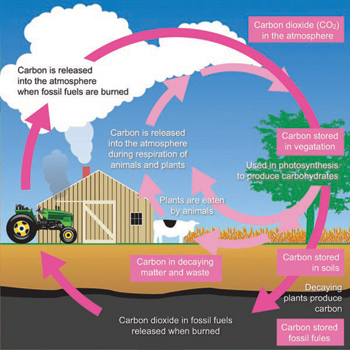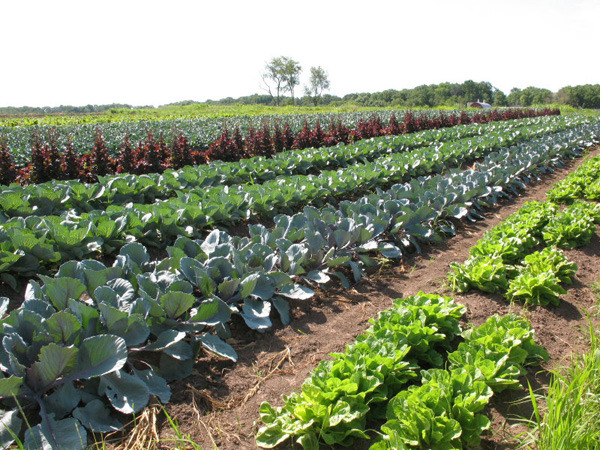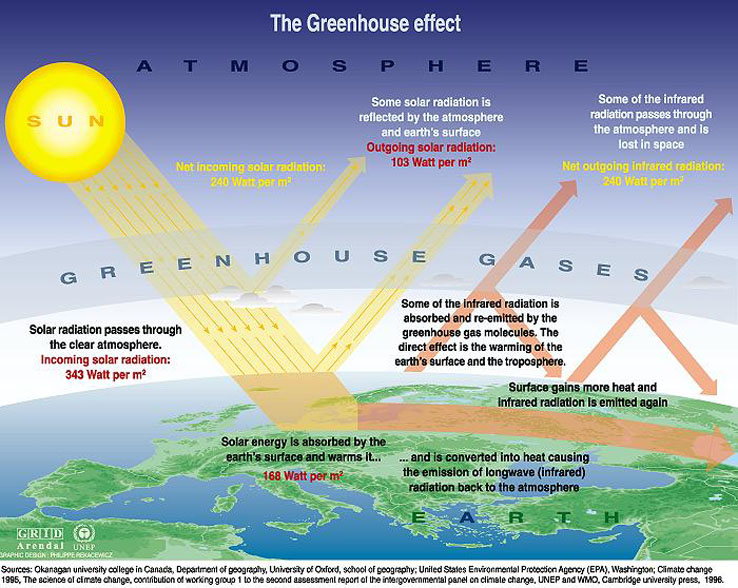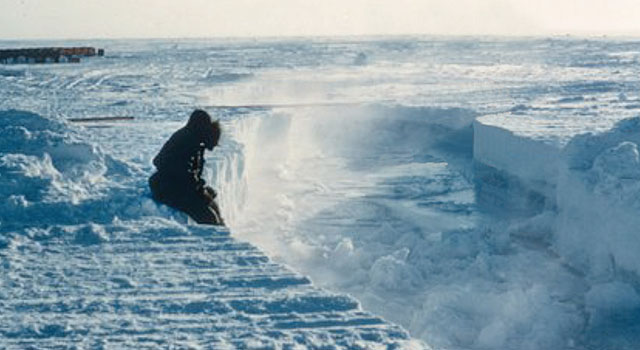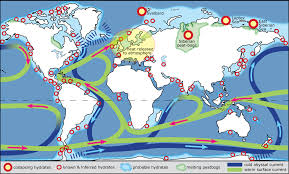They look like massive bomb craters. So far seven of these gaping chasms have been discovered in Siberia, apparently caused by pockets of methane exploding out of the melting permafrost. Has the Arctic methane time bomb begun to detonate in a more literal way than anyone imagined. The “methane time bomb” is the popular shorthand for the idea that the …
Finally, Some Climate Crisis Honesty: Forget About a 2˚C Future; It Will be 4˚-6˚C Degrees, and Soon – Dave Lindorff
A tectonic shift is occurring suddenly in the debate over climate change. Only a year ago, at least in the US corporate media, there was always a rough equivalence accorded to those experts who were warning about a looming climate disaster facing mankind, and those who called the whole thing a “conspiracy” by corrupt scientists and politicians (albeit without ever …
Renewable Energy isn’t a Shortcut to Reversing Global Warming – PETE DOLACK
Denmark has distinguished itself as the country moving the fastest toward the eventual replacement of fossil fuels. Its goal of 100 percent renewable energy by 2050 is laudable, but the assumption that this path will reverse global warming while otherwise continuing business as usual, is unrealistic. At first glance, Denmark has made remarkable strides. The country’s intention to totally eliminate …
Is Solving Climate Change as Simple as Sucking Carbon Out of the Air? – Tara Lohan
It sounds almost too obvious. But we may be able to stave off some of the major effects of catastrophic climate change simply by sucking out of the air the vast amounts of carbon dioxide we’ve been spewing for decades. It’s not a new idea, but it’s one that has never been economical. Until now, perhaps. Graciela Chichilnisky believes her …
Organic Farming Changes Agriculture from a Huge Carbon Source to a Carbon-DESTROYER
Approximately 35% of global greenhouse gases (GHGs) come from agriculture. Some argues that human can reverse global worming by sequestering several hundred billion tons of excess CO2 through regenerative, organic farming, ranching and land use. Increasing the soil’s organic content will not only fix carbon and reduce emissions, it will also improve the soil’s ability to retain water and nutrients …
Organic farming can reverse the agriculture ecosystem from a carbon source to a carbon sink
Approximately 35% of global greenhouse gases (GHGs) come from agriculture. Some argues that human can reverse global worming by sequestering several hundred billion tons of excess CO2 through regenerative, organic farming, ranching and land use. Increasing the soil’s organic content will not only fix carbon and reduce emissions, it will also improve the soil’s ability to retain water and nutrients …
Scientists show that long-term temperature rise is the inevitable consequence of increasing greenhouse gas emissions from fossil fuels. – Tim Radford
The so-called hiatus in global warming will probably make no difference to the world in the long run, according to Australian scientists. Using computer models to take the planetary temperature in 2100, they found that one set of models incorporated the slowdown, but others did not. In the end, the difference was barely significant: less than 0.1°C. The hiatus is …
Warming Climate May Release Vast Amounts Of Carbon From Long-Frozen Arctic Soils
More carbon is released into the atmosphere would amplify climate warming, and that, in turn, would cause more permafrost to thaw and release more carbon, causing the cycle to continue. Recent research by scientists has confirmed the suspicion scientists were making regarding the Arctic permafrost. Scientists estimate there is more than 10 times the amount of carbon in the Arctic …
Ocean currents impact methane consumption
Large amounts of methane – whether as free gas or as solid gas hydrates – can be found in the sea floor along the ocean shores. When the hydrates dissolve or when the gas finds pathways in the sea floor to ascend, the methane can be released into the water and rise to the surface. Once emitted into the atmosphere, …
Plants may not protect us against climate change – Tim Wogan
Plants are one of the last bulwarks against climate change. They feed on carbon dioxide, growing faster and absorbing more of the greenhouse gas as humans produce it. But a new study finds that limited nutrients may keep plants from growing as fast as scientists thought, leading to more global warming than some climate models had predicted by 2100. Plants …

